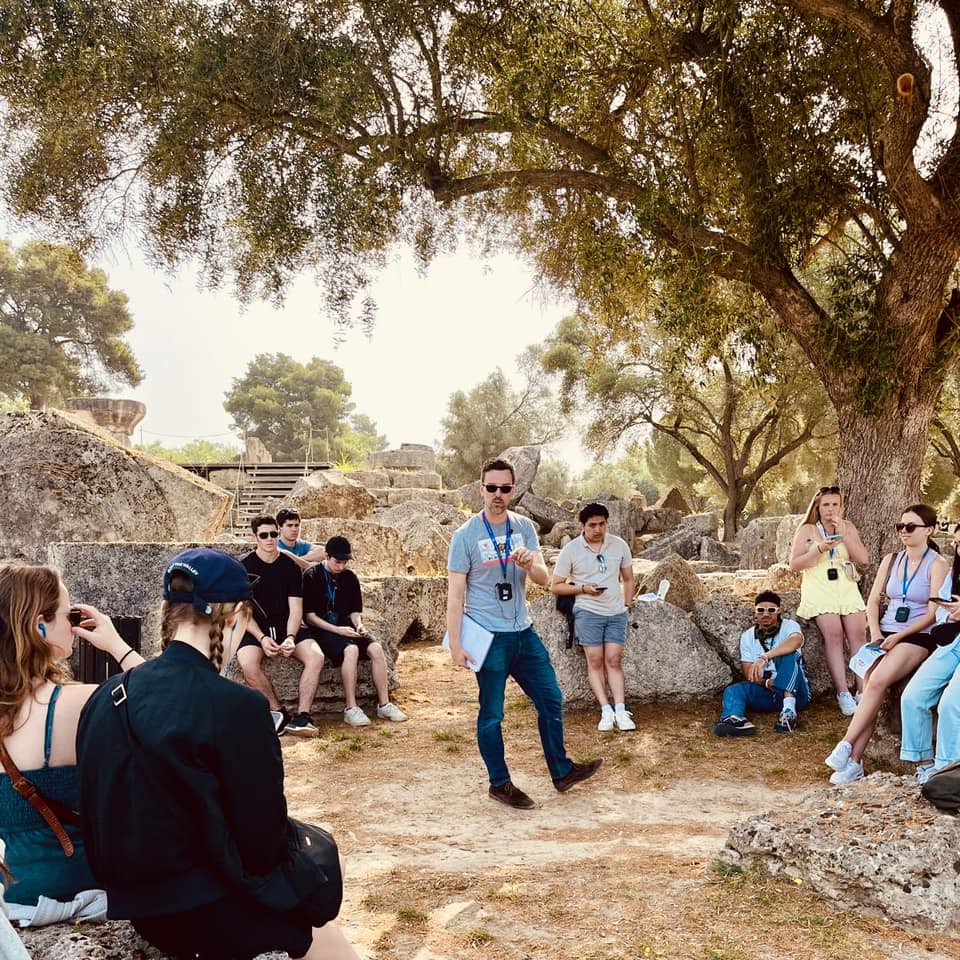
The paradox of education is precisely this — that as one begins to become conscious one begins to examine the society in which he is being educated. The purpose of education, finally, is to create in a person the ability to look at the world for himself, to make his own decisions, to say to himself this is black or this is white, to decide for himself whether there is a God in heaven or not. To ask questions of the universe, and then learn to live with those questions, is the way he achieves his own identity. But no society is really anxious to have that kind of person around.
— James Baldwin
Courses
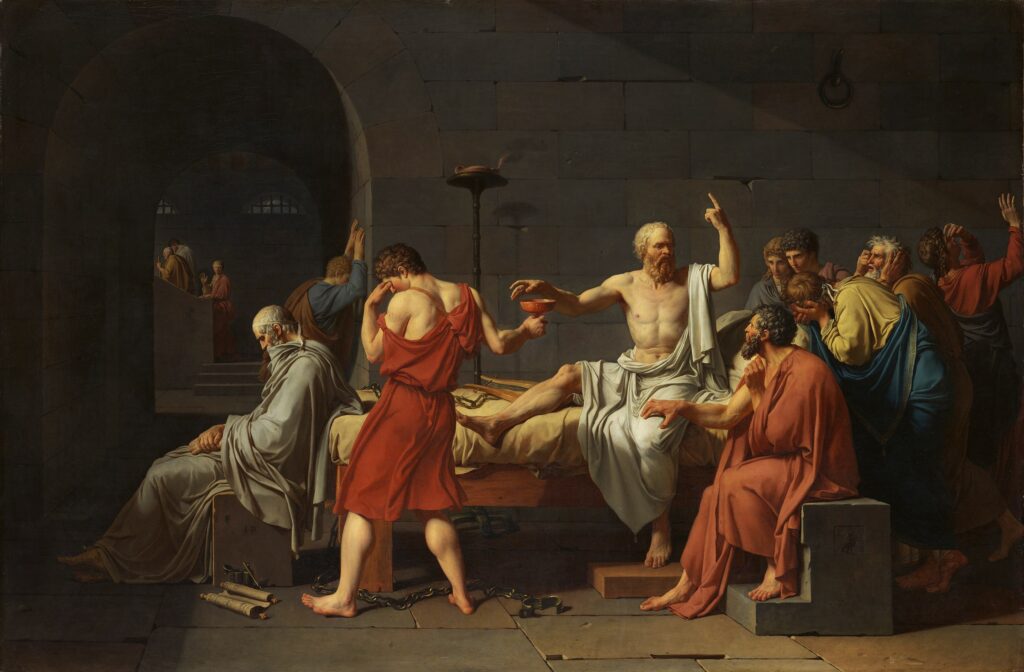
Political Thought
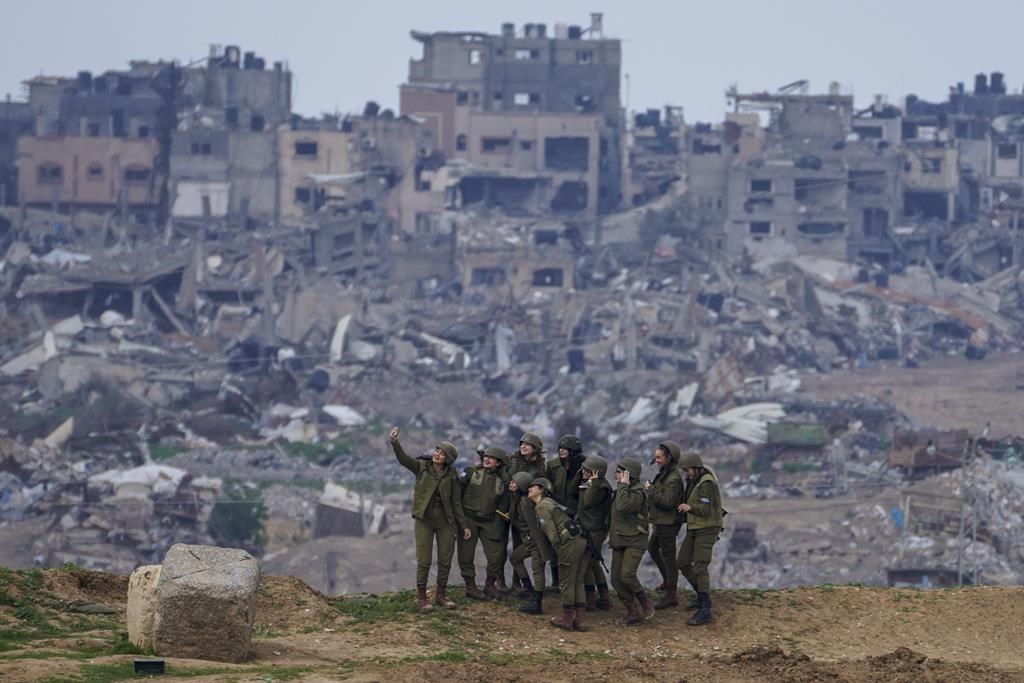
Justice and Inequality
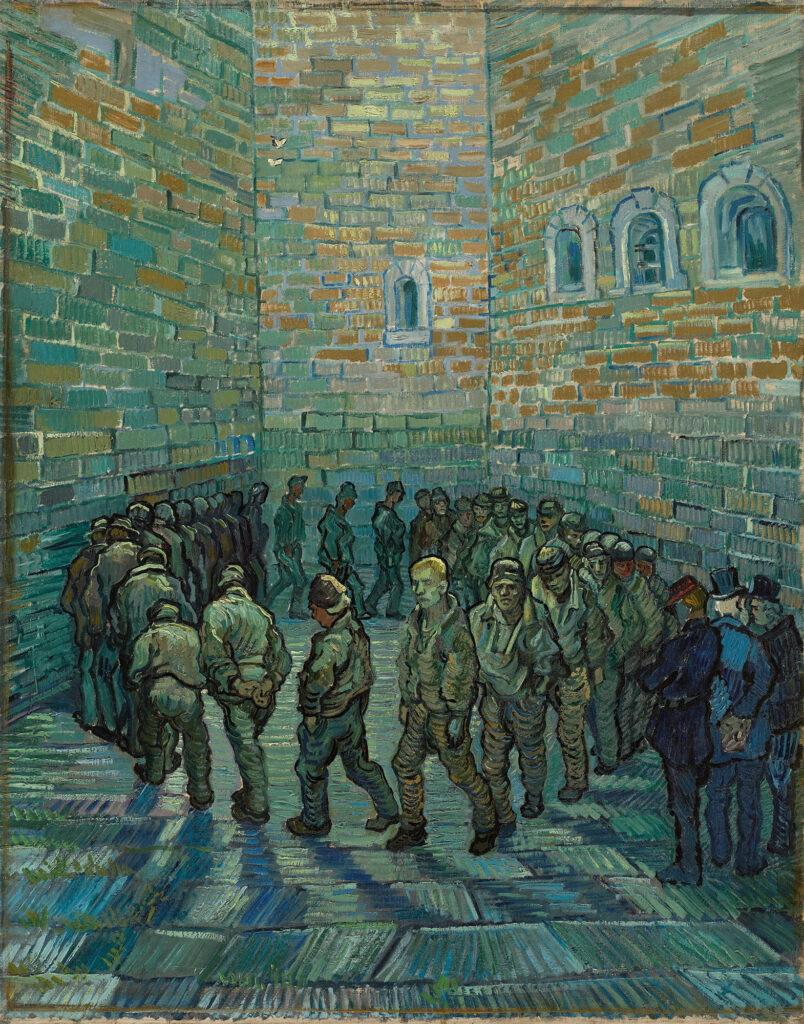
The Politics of Punishment
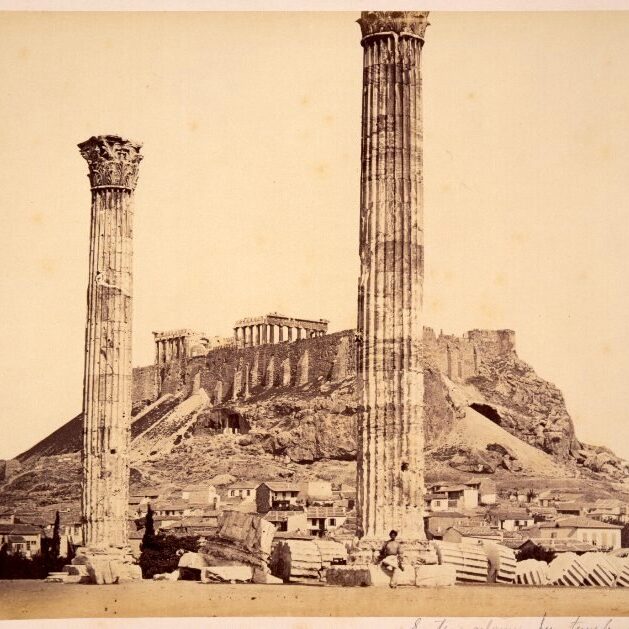
Ancient Athens and the Birth of Political Thought
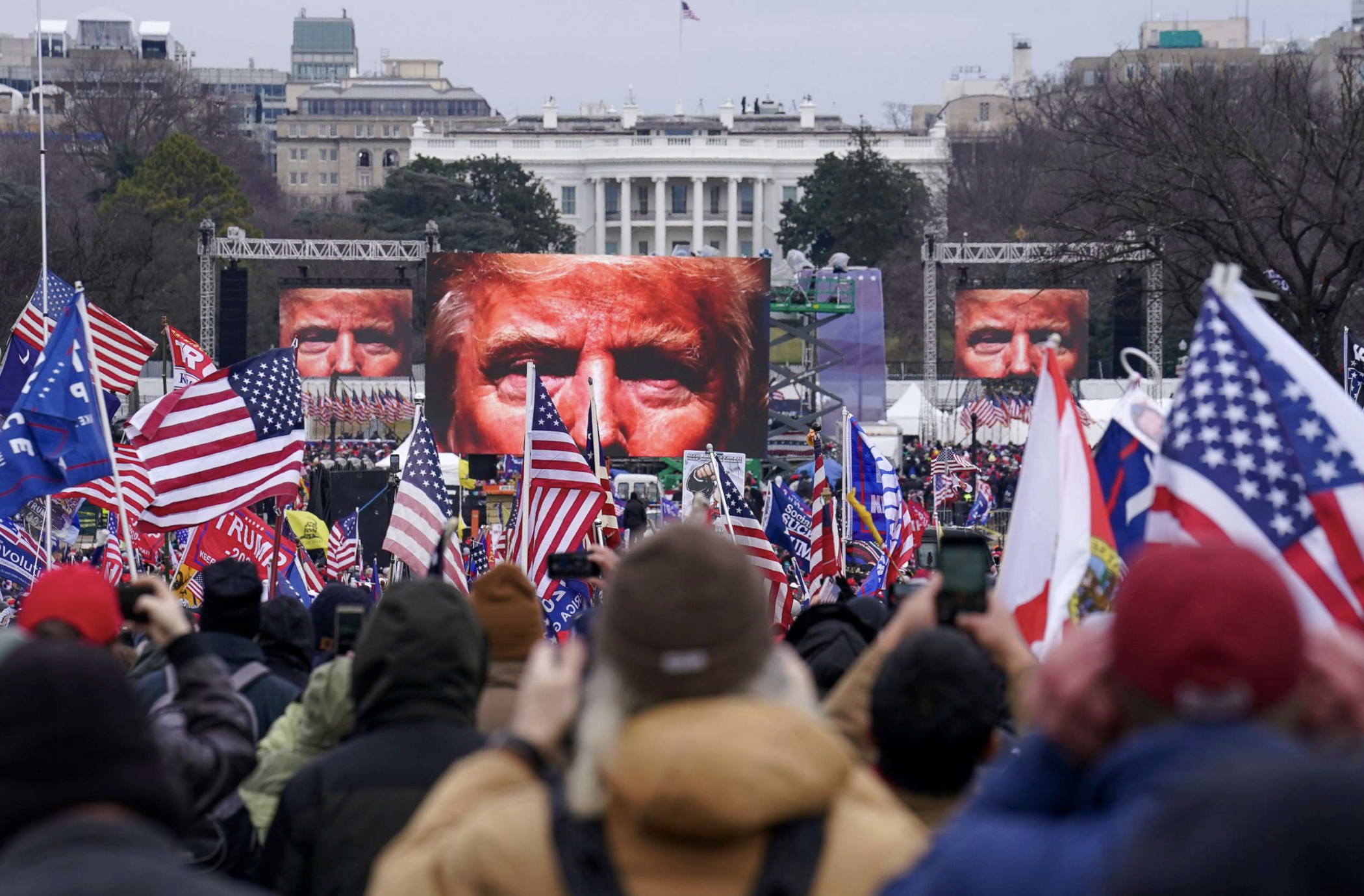
U.S. Politics